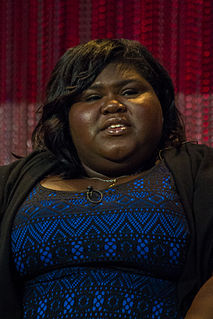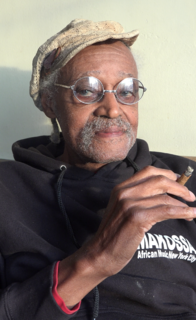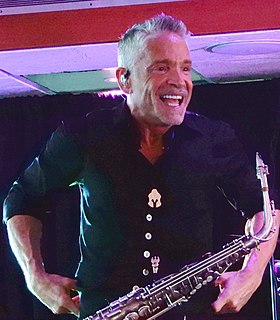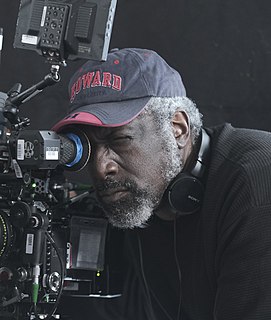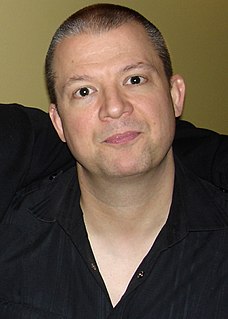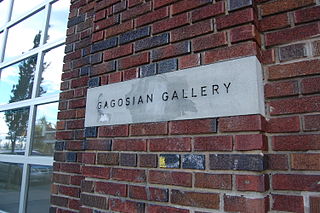A Quote by Chris Hughton
As a black manager, somebody talking in good terms about me I don't think can be a bad thing.
Related Quotes
When I say a girl like me, I bet you think I'm just talking about being fat. How dare you fat-shame me? You think I'm talking about being black? Racist. What makes you think I'm not talking about being smart? What? You don't think a fat, black girl can be smart or something? Fat-shaming racists like you make me sick.
We don't like to use the phrase "state security" in the United States because it reminds us of all the bad regimes. But it's a key concept, because when these officials are out on TV, they're not talking about what's good for you. They're not talking about what's good for business. They're not talking about what's good for society. They're talking about the protection and perpetuation of a national state system.
She [Hillary Clinton] knows the people well. I think there is - you know, also talking about breaking down barriers and talking about that, whether we`re talking about that in economic terms. I mean, she`s the only person who has been out there talking about white privilege and talking about sort of the intersectionality of some of these issues.
When it comes to partisan politics, everyone is a hypocrite. And all they care about is whether it hurts or helps them ... Is it good or bad for the Democrats? Is it good or bad for the Republicans? Is it good or bad for Jews, or good or bad for blacks, or is it good or bad for women? Is it good or bad for men? Is it good or bad for gays? That's the way people think about issues today. There is very little discussion of enduring principles.
In my twenties I would be skeptical of a bad haircut, but once you turn thirty it's more about whether he a nice person and does he open the door for me. Once you turn thirty-five, it's more about would he make a good father. And even if you're just liking somebody and digging on someone, I think you can't help but think in those terms.
I'm not talking about my children's father'he's a wonderful black man, the hero of my life, and he's never disrespected or betrayed me. But I'm talking about what I see in the streets and in the media, this naked hatred that black men have towards the authentic black woman'which is really an indication of black men's hatred for blackness itself.
I'd probably end up doing the same thing over and over. We're creatures of habit. We know what we know. With collaboration...and I'm not just talking about music, I'm talking about in life - if you're a good listener and you have your ears open, and to be a good collaborator you have to be able to listen, you can learn something from somebody else.
Katherine Johnson never complained, it just was what it was. She just said, "I just wanted to go to work and do my numbers." And she stopped right there. I think about that as a Black woman in Hollywood when I'm asked about diversity. I hate when people say diversity because the first thing you jump to is Black and white. When you talk about diversity, you're talking about women being hired in front of and behind the camera. You are talking about people with disabilities, the LGBTQ community...so I hate when people think about diversity.
Remember, we're talking [in The Black Power Mixtape] about 1967, the year before [Martin Luther] King's assassination. We're talking about the emergence of black power, which is a discussion King mentioned in his last book, Where Do We Go from Here: Chaos or Community? We're talking about the meaning of black power and the possibility that it alienated our supporters, both white and black.
I think functioning as a business manager can be a hindrance to having a real dialogue with the artist. I do think that artists need good lawyers and accountants, because they're dealing with serious money. But an artist who stands behind a manager? That's a little different. I think that can be a bad buffer.


